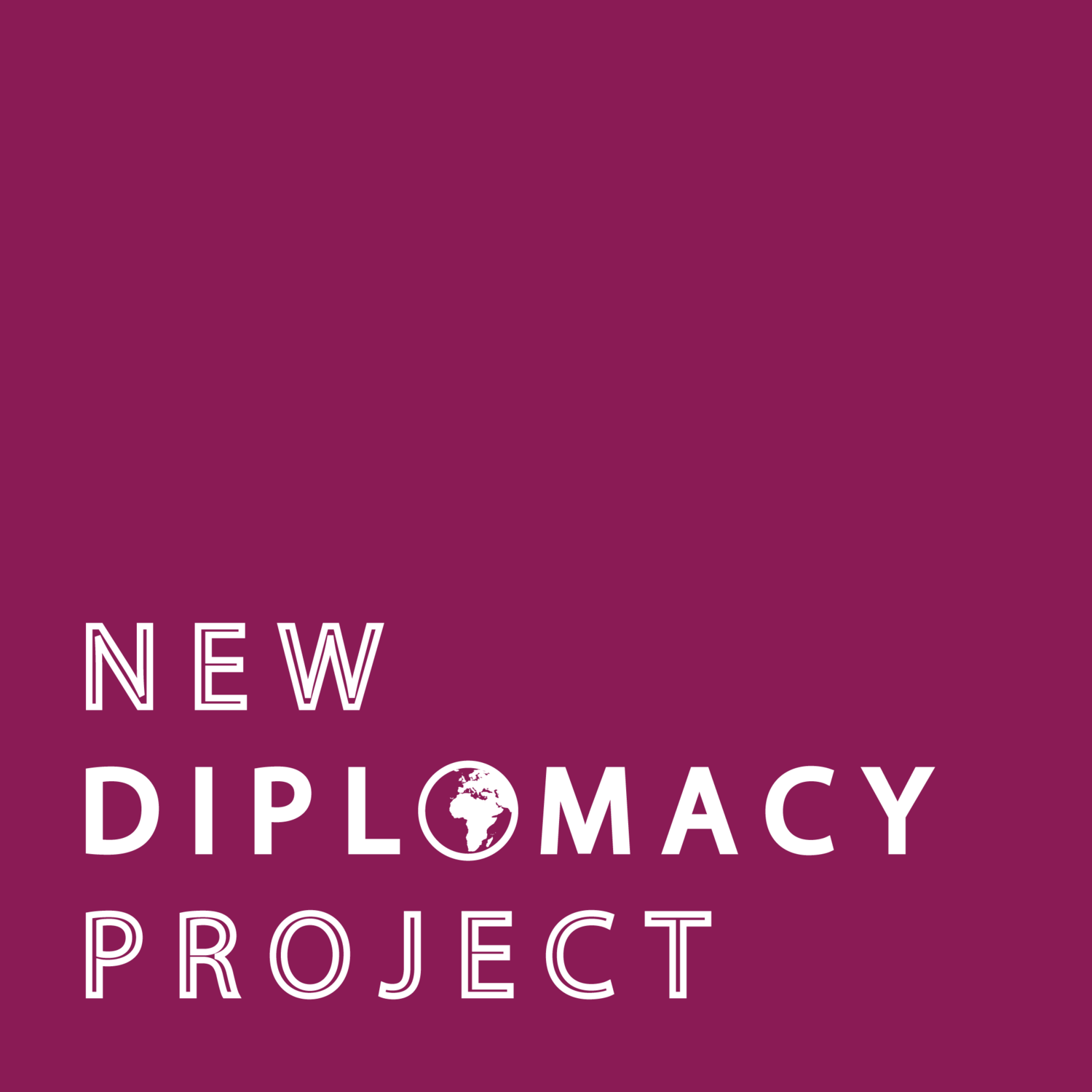Foreign policy responses to populism
Top lines
Rising populist movements across the world have not only rewritten the rules of domestic politics, but increasingly influence foreign policy as well.
In some instances, right-wing populist governments have undermined long-established diplomatic alliances and questioned multilateral institutions such as the UN, NATO, the WTO and the European Union; while also seeking to undermine the rule of law, freedom of the press, freedom of religion or belief, and free expression.
The COVID-19 pandemic has increased the prevalence of right-wing populist movements across the democratic world, giving way to conspiracy theories and the anti-vaccination movement.
A Labour government will have to contend with the rise of right-wing authoritarian populist movements across the world from Brazil to the Balkans and from India to the United States. It will need a clear strategy to identify how these movements will impact the UK’s diplomatic relationships, foreign policy priorities and the wider rules-based international system.
Labour must put democracy at the heart of its foreign policy. This would contrast with the approach taken by the current government, which has weakened relationships with many of the UK’s allies by blowing up small disputes at a time when anti-democratic forces are actively trying to deepen the divisions within and between democratic countries.
With the French presidential election in six months time, Labour should commission a review of the impact a Le Pen/Zemmour victory in France would have on UK foreign policy interests. Labour, and the UK more broadly, cannot afford to be blindsided by the election of another authoritarian populist leader in a country which is a close ally of the UK.
Labour should advocate for and support the creation of a pro-democracy monitoring unit within the FCDO, to analyse authoritarian populist trends across the world and their impact on UK foreign policy.
Labour should work with sister parties and like-minded partners to match the increased collaboration between populist far-right parties. This alternative should be built upon the promotion of democracy, human rights and the rule of law.
A future Labour government should use Britain’s soft power to promote democracy around the world. Labour should support the continued funding and expansion of BBC World Service to combat against the undermining of the free press by populist leaders, and commit to a new grants programme to support local trusted journalists around the world.
Photo: Presidente da República, Jair Bolsonaro na rampa do Palácio do Planalto, 14 May 2020. Palácio do Planalto via Flickr.
